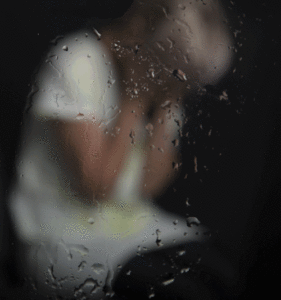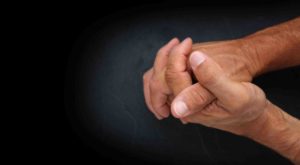I want to make it clear that not all grieving people will pursue an activist path, as I ultimately did. Service and engagement are not for everyone.
I get that.
However, for those who might want to try, a gentle warning is in order.
soul hygiene

Before we can exercise our Giveaway, most of us will need some basic healing or “soul hygiene”. During the days immediately following Karl’s death, I am in profound shock. I do not cry; I organize things. People take care of me. Then, about three weeks after his death, as the terrible finality of my new circumstances begins to dawn on me, I fall apart. I’d planned and managed his burial and the memorial to a standard of creativity and excellence that dazzled even me. Now I am slumped in a chair on our back deck in a dazed condition, staring at the sky. I feel like howling at the moon.

Luckily, my alternative community of Nimbin (renowned for its healing arts) offers a huge array of practitioners, remedies, and treatments. For some time, as I sort through my options, I benefit from healings and massages. Without a car (or driver), I depend on friends. “Self-care” comes naturally to me, and I value greatly the care I receive from many quarters.

Self-care after grief and loss
I’d be the first to advocate self-care after a massive loss like mine. It’s essential. When we are grieving, our whole system is so depleted that we must take extra efforts to care for ourselves. However, I believe that self-care should not be the ultimate destination for a grieving person. It’s part of the journey. Part of the process.
When I Google self-care after grief and loss, I get 1.6 million hits. It’s a vast topic. That concerns me because, in addition to self-care, getting out and about can make a massive difference to the quality of our lives as grieving people. But before we can go out, we need to get our house in order. We should never take self-care for granted when we’re mourning.
Grief challenges every system of our being — physical, mental, spiritual, and emotional. So we should expect to be stunned.
Grief shatters all expectations and can make us numb to the needs of our self.
SELF-CARE TASKS
When we are mourning, we need to pay attention to these self-care tasks:
- Be gentle
- Monitor ourselves to see that we are not falling into bad habits
- Listen to our body
- Lower our expectations
- Limit unnecessary obligations
- Focus on one thing at a time and
- Let others know what we need from them.
Furthermore, we need to:
- Get the professional help we need
- Pamper ourselves; to make sure to set aside time to grieve
- Get help with decisions
- Keep our hope alive
- Get physical exercise and
- Pay attention to diet and sleep (Jozefowski, J., n.d., “Rising from the Ashes of Grief”; survivorguidelines.org; http://www.survivorguidelines.org/articles/jozef01.html; https://griefwatch.com/self-care; Wolfelt, “The Mourner’s Bill of Rights”: https://www.centerforloss.com/2016/11/mourners-bill-rights/).
Along the way, we need to establish routines to get ourselves functioning again. Especially for older people, grief can compromise our immune system.
Spousal bereavement
I found research that reveals that following the death of a spouse, people were likely to report more self-medication and worse overall health. Grief can aggravate physical pain, increase blood pressure and blood clots, and exacerbate appetite loss. The flu vaccine was less effective in older people who had lost a loved one than those who had not. A person’s risk of having a heart attack increases 21 times in the day immediately following the death of a loved one and six times in the following week.

